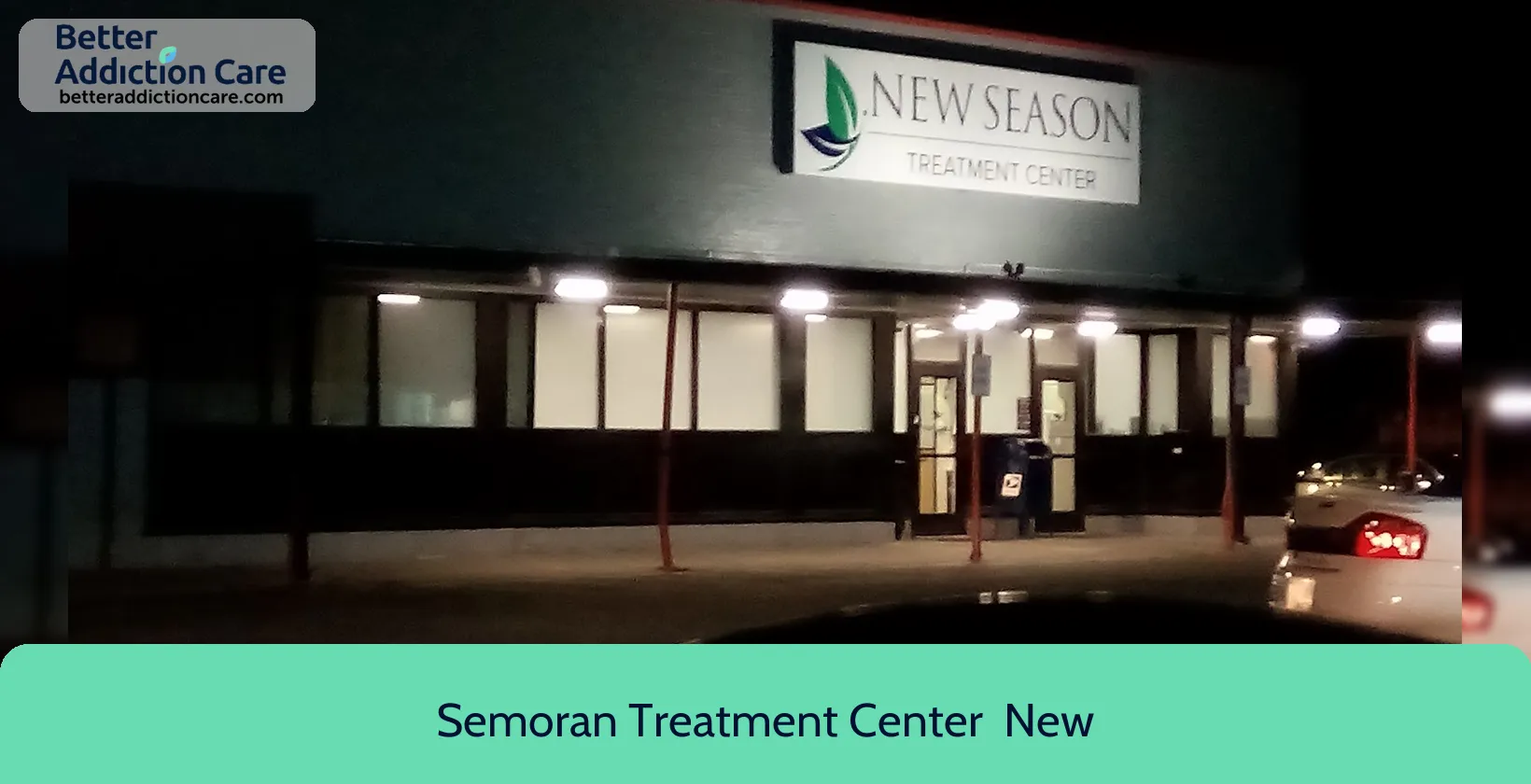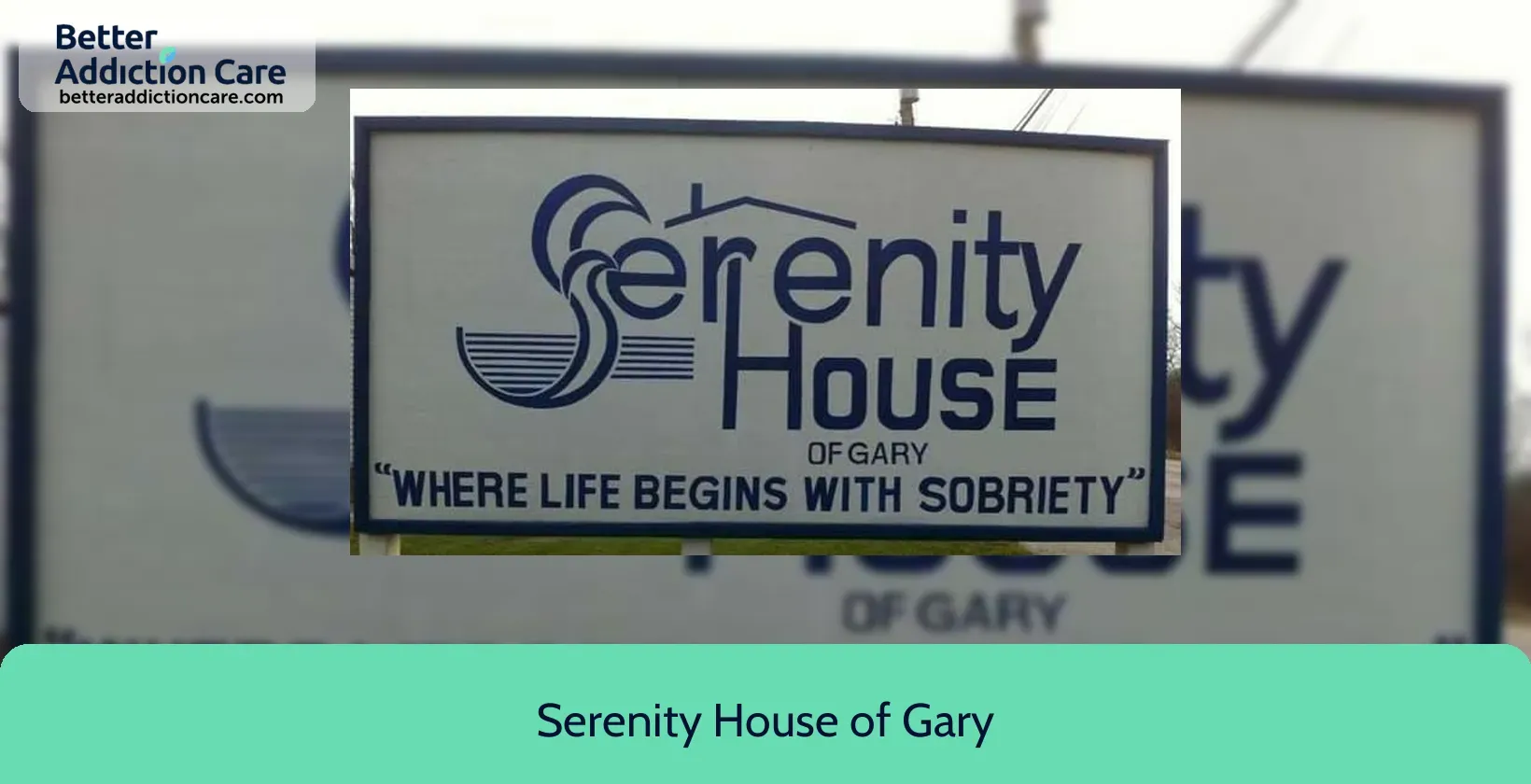Apostolic Youth and Family Services

Overview
Apostolic Youth and Family Services is a substance abuse treatment center for people seeking treatment near Lake County. As part of their treatment modalities for recovery, Apostolic Youth and Family Services provides cognitive behavioral therapy, substance use disorder counseling, and trauma-related counseling during treatment. Apostolic Youth and Family Services is located in Gary, Indiana, accepting medicaid for treatment.
Apostolic Youth and Family Services at a Glance
Payment Options
- Medicaid
- Private health insurance
- Cash or self-payment
Assessments
- Comprehensive mental health assessment
- Comprehensive substance use assessment
- Interim services for clients
- Screening for mental disorders
- Screening for substance use
Age Groups
- Adults
- Seniors
- Young adults
Ancillary Services
- Case management service
- Domestic violence services, including family or partner
- Mental health services
- Social skills development
- Transportation assistance
Highlights About Apostolic Youth and Family Services
6.77/10
With an overall rating of 6.77/10, this facility has the following balanced range of services. Alcohol Rehabilitation: 8.00/10, Treatment Options: 7.09/10, Drug Rehab and Detox: 6.00/10, Insurance and Payments: 6.00/10.-
Alcohol Rehabilitation 8.00
-
Treatment Options 7.09
-
Drug Rehab and Detox 6.00
-
Insurance and Payments 6.00
Accreditations
State mental health department:
State mental health department accreditation refers to the process of evaluating and certifying the quality and standards of a state's mental health department, ensuring that it provides high-quality services and meets specific criteria for mental health care. The accreditation process is performed by a third-party organization and helps to improve the overall care and treatment of individuals with mental health conditions.
Treatment At Apostolic Youth and Family Services
Treatment Conditions
- Mental health treatment
- Alcoholism
- Substance use treatment
- Co-occurring Disorders
Care Levels
- Outpatient
- Regular outpatient treatment
- Aftercare
Treatment Modalities
- Cognitive behavioral therapy
- Substance use disorder counseling
- Trauma-related counseling
- Family counseling
- Marital/couples counseling
Ancillary Services
Languages
- Sign language services for the deaf and hard of hearing
Additional Services
- Pharmacotherapies administered during treatment
- Housing services
- Drug or alcohol urine screening
Special Programs
- Clients who have experienced trauma
Get Help Now
Common Questions About Apostolic Youth and Family Services
Contact Information
Other Facilities in Gary

7.23

6.65

7.07

6.59
DISCLAIMER: The facility name, logo and brand are the property and registered trademarks of Serenity House of Gary, and are being used for identification and informational purposes only. Use of these names, logos and brands shall not imply endorsement. BetterAddictionCare.com is not affiliated with or sponsored by Serenity House of Gary.
